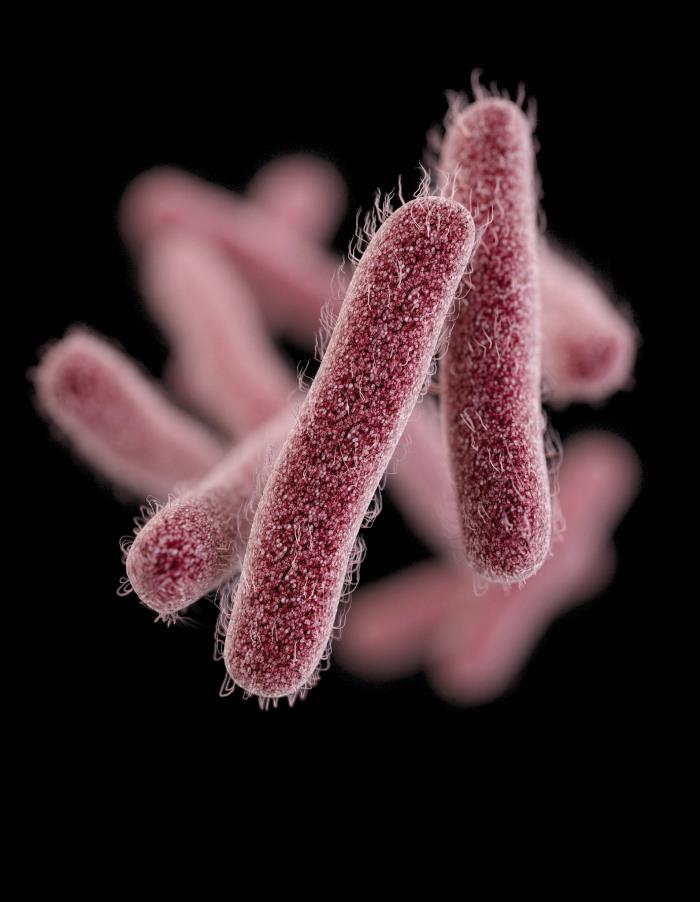In a follow-up on the Shigella outbreak in the Mid-Michigan counties of Genesee and Saginaw, health officials report that since Mar. 1, 177 cases of Shigella infection have been reported throughout the two counties. The 2016 case numbers are higher than last year. The number of Shigella cases peaked in early July and has slowed considerably since September.

At this time, no source of the outbreak has been identified.
At the request of the Michigan Department of Health and Human Services and the county health departments, officials from the Centers for Disease Control and Prevention (CDC) are stationed at the Genesee County Health Department in downtown Flint to help investigate the outbreak. “They are working to help identify how people may have gotten sick. By contacting those who were ill, we can learn more about how the Shigella infection was spread,” stated Genesee County Health Department Health Officer Mark Valacak.
Through this local research, the CDC is reviewing known cases and their potential connection to other Shigella infections that have occurred in other parts of Michigan and their potential connection to the outbreaks in Saginaw and Genesee Counties.
Shigella is very easily spread from one person to another through the fecal-oral route. Making handwashing a habit is an important way to prevent the spread of illness. Wash your hands with soap and water throughout the day, and especially after using the bathroom, after changing a diaper and before preparing food. If soap and water are not available, use an alcohol-based hand sanitizer that contains at least 60% alcohol. This type of hand sanitizer will kill Shigella bacteria, but, does not work well all types of germs. Hand sanitizers do not work well if hands are greasy or dirty. Do wash your hands as soon as possible after using a hand sanitizer. Other products, like baby wipes, do not remove germs completely and are not recommended for cleaning hands.
The Genesee County Health Department says if you or someone in your family has symptoms of Shigella infection, such as diarrhea, a stomach ache and sometimes fever, visit your healthcare provider and ask about a test for Shigella. In most cases, people who are sick with Shigella infections will get better on their own in 5 to 7 days. For some people, like those who are already ill with other diseases, it may take longer to get better or they may need antibiotics. Please see your primary healthcare provider if you are not feeling better or your symptoms become worse.
Related:


3 thoughts on “Shigella outbreak update: Genesee and Saginaw Counties case count now 177, CDC investigating”